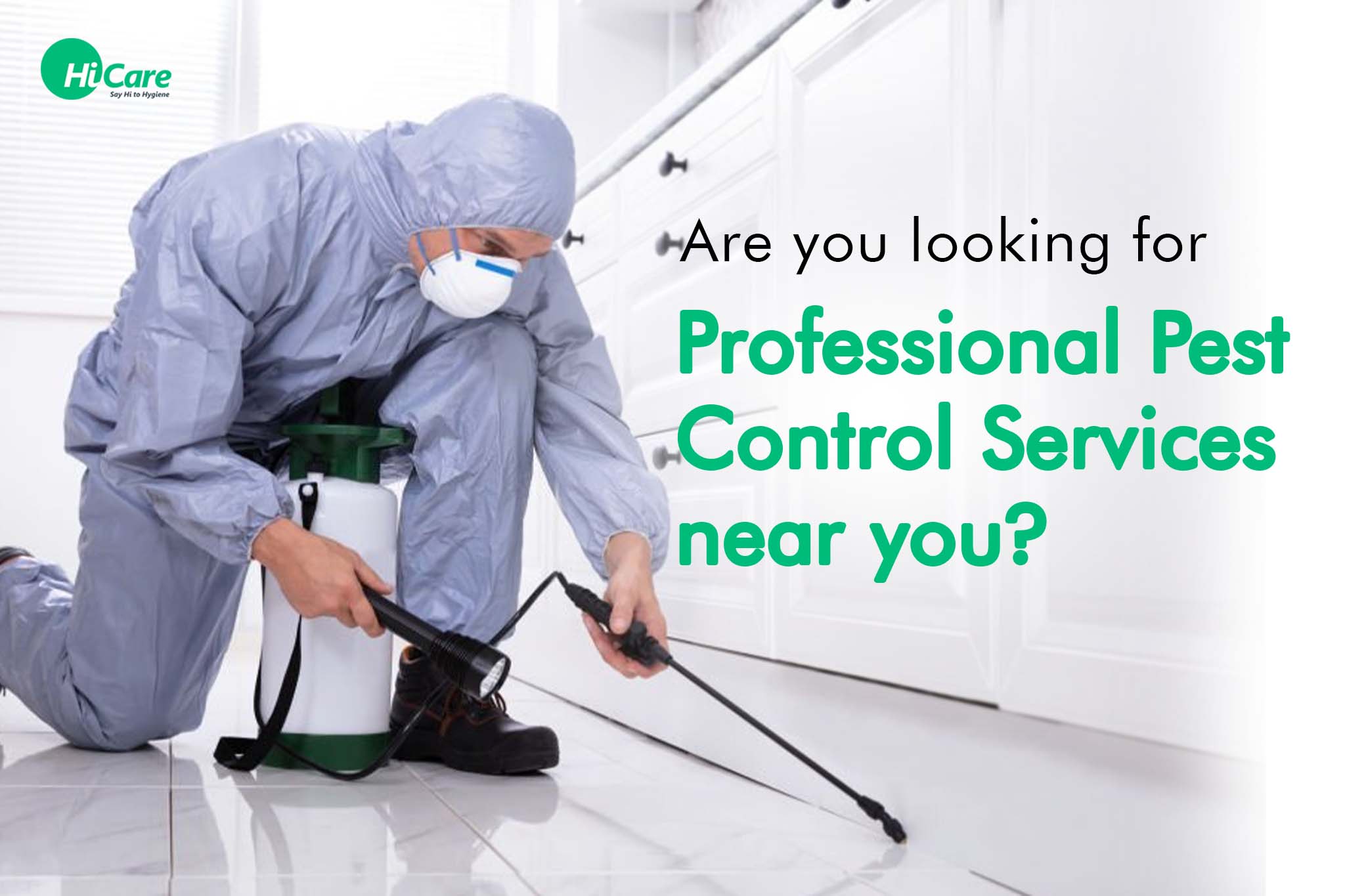Understanding the Different Techniques to Insect Control: A Comprehensive Overview

All-natural Parasite Control Approaches
Utilizing environmentally friendly strategies such as friend planting and organic parasite control is vital for effectively taking care of insects in farming settings. Companion growing entails growing different crops in distance to prevent insects, boost nutrient uptake, and boost total plant health and wellness. Growing marigolds together with tomatoes can aid ward off nematodes. Intercropping maize with beans can interfere with the reproduction patterns of parasites like corn borers.
Organic bug control entails introducing all-natural predators or microorganisms to control pest populations. Ladybugs, as an example, prey on aphids, managing their numbers without the demand for chemical pesticides. One more example is using Bacillus thuringiensis (Bt), a germs that targets specific insect pests while being safe to human beings, animals, and advantageous pests.
These environment-friendly techniques not only decrease the dependence on synthetic pesticides yet also help maintain biodiversity and dirt wellness. By including all-natural parasite control techniques into farming practices, farmers can accomplish lasting pest management while decreasing adverse influence on the atmosphere.

Chemical Parasite Control Solutions
In enhancement to natural bug control methods, the usage of chemical insect control services plays a substantial duty in successfully taking care of pest populaces in farming environments. Chemical parasite control remedies are formulated to target particular pests that might cause comprehensive damage to plants. These options usually include artificial pesticides that are created to eliminate pests quickly and effectively.
One of the key advantages of chemical bug control solutions is their performance in regulating insect infestations widespread. Farmers can apply these options utilizing different methods such as splashing, airing out, or seed treatment to protect their crops from hazardous pests, weeds, and conditions. Additionally, chemical parasite control options are relatively very easy to use and can offer quick outcomes, helping farmers protect their returns and lessen financial losses.
Nonetheless, it is important to make use of chemical pest control services carefully to decrease prospective unfavorable influence on the environment, non-target organisms, and human health and wellness. Correct application techniques, adherence to safety and security guidelines, and routine monitoring are important to guarantee the responsible usage of chemical insect control remedies in agricultural practices.
Biological Parasite Control Approaches
Biological pest control approaches take advantage of natural killers or microorganisms to take care of parasite populations in agricultural setups effectively. One typical organic control approach is the introduction of all-natural adversaries, such as ladybugs or parasitical wasps, to target specific pests.
Another biological control technique includes making use of click site pathogens like germs, viruses, or fungis to contaminate and eliminate insects. These microbial representatives can be splashed on crops or introduced into the dirt to fight different insects without harming helpful bugs or various other wildlife. Additionally, using scents to interrupt the breeding patterns of insects is one more reliable biological control approach. By hindering their reproduction, this approach aids to decrease pest populaces without the need for chemical treatment. On the whole, organic pest control techniques provide a sustainable and targeted service to pest monitoring in farming.
Integrated Parasite Management (IPM)
Integrated Parasite Management (IPM) is a detailed strategy that integrates different pest control approaches to efficiently manage and decrease pest populaces in farming systems. IPM concentrates on lasting avoidance of bugs via a combination of biological, social, physical, and chemical control techniques. By incorporating these various techniques, IPM intends to reduce dependence on chemical pesticides, decrease ecological influence, and advertise sustainable pest monitoring methods.
One trick facet of IPM is the use of biological controls such as all-natural killers, bloodsuckers, and pathogens to control insect populations. This approach uses the power of nature to preserve a balance between parasites and their all-natural enemies without creating harm to the environment.
Additionally, IPM involves social methods like plant turning, hygiene, and environment adjustment to produce undesirable problems for bugs and interrupt their life cycles. Physical controls such as mulches, traps, and barriers are also made use of to stop parasite infestations.
Physical and mechanical Parasite Control Strategies
Making use of non-chemical methods, such as mechanical and physical bug control methods, is an essential aspect of comprehensive parasite management approaches, constructing upon the foundation of Integrated Bug Administration's holistic approach. Mechanical insect control involves making use of physical barriers or traps to avoid bugs from accessing and damaging crops or frameworks. This approach can consist of techniques like installing displays on home windows, utilizing row covers in farming, or employing sticky catches to capture pests.
Physical pest control approaches, on the various other hand, emphasis on straight eliminating insects via physical ways. Making use of warm therapies to eliminate bed pests or vacuuming up insects like ants or crawlers can be reliable means to handle infestations without the use of chemicals. By integrating these mechanical and physical pest control strategies right into an Integrated Pest Administration plan, specialists and people can minimize reliance on pesticides while still properly handling pest populations and decreasing damage.
Final Thought

In addition to all-natural bug control techniques, the usage of chemical pest control remedies plays a substantial role in effectively managing pest populations in agricultural environments.One of the crucial advantages of chemical parasite control remedies is their performance in regulating parasite invasions on a huge range.Integrated Parasite Management (IPM) is an extensive method that integrates different pest control approaches to successfully take care of and decrease pest populations in agricultural systems.Using non-chemical methods, such as mechanical and physical pest control methods, is a critical element of extensive pest administration methods, building upon the foundation of Integrated Parasite Administration's all natural approach. By incorporating these mechanical and physical bug control strategies into an click this site Integrated Parasite Monitoring plan, experts and people can reduce dependence on pesticides while still successfully decreasing and managing pest populaces damage.